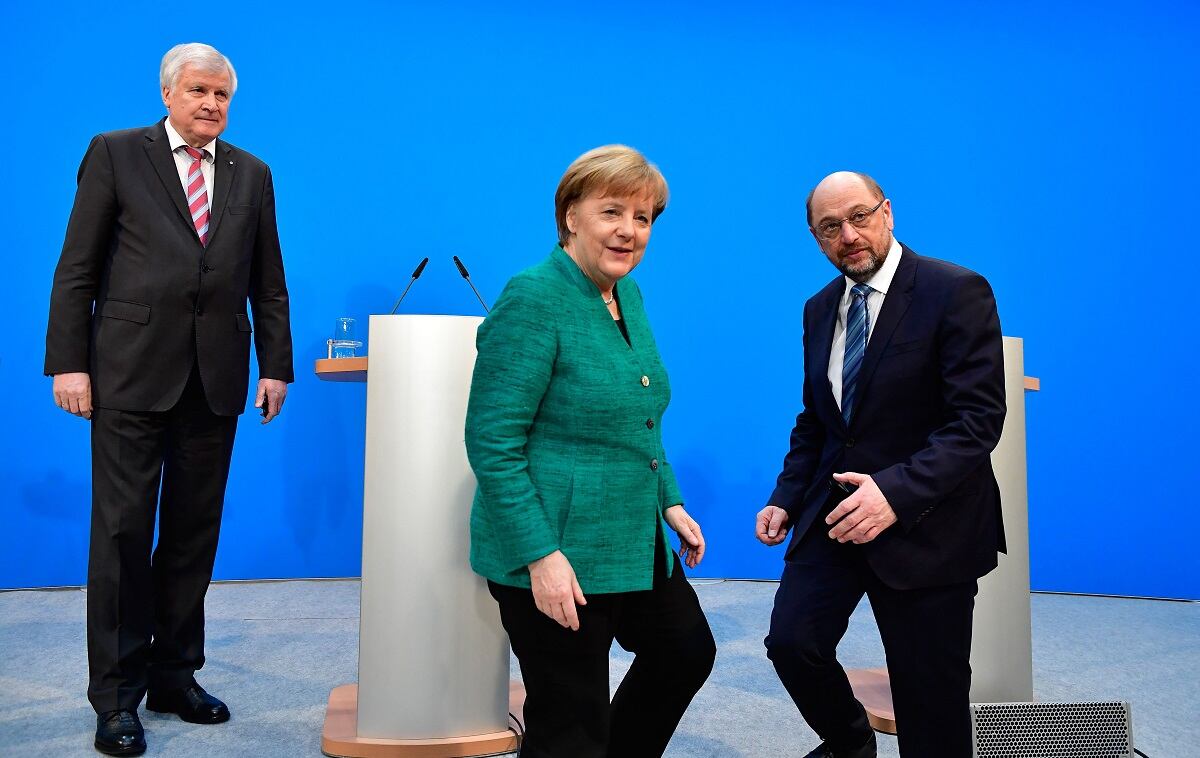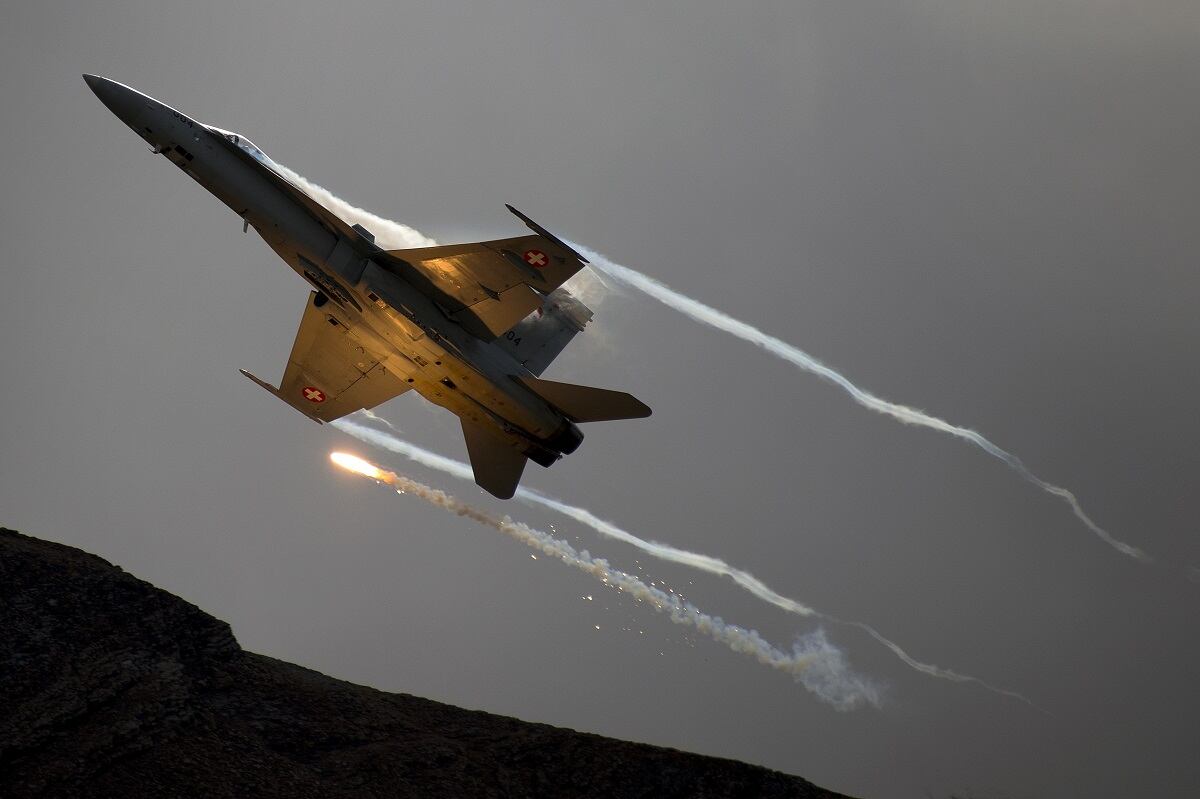COLOGNE, Germany — Lawmakers in Berlin are due soon to consider once again the deployment of armed drones for the Bundeswehr, a first for a country that has traditionally sought to avoid the spotlight of global military prowess.
The defense ministry led by Ursula von der Leyen is expected within days or weeks to forward a €25 million (U.S. $30.7 million) placeholder petition to the defense and appropriations committees for a roughly €1 billion program to lease a handful of Heron-TP drones from Israel. The aircraft would be stationed in Israel and managed by Airbus, initially supporting deployed German forces with surveillance capabilities and, later, with precision strike.
The upcoming debate about the Israeli drone will pick up where it left off last summer when the Social Democratic Party — which then positioned itself in staunch opposition to the Christian Democratic Union of chancellor Angela Merkel — in a surprise move blocked what many considered to be a bipartisan deal.
RELATED

Depending on who is asked, to blame was either the lack of a public debate about the ethics of armed drones in warfare or a lack of Fingerspitzengefühl in the defense ministry’s procedural timing on a sensitive topic. For many here, that topic raises images of American drones causing carnage at wedding celebrations in the greater Middle East.
Fast forward to today and the SPD is back in a coalition government, as the party’s resistance appears to have lost its bite. With the Bundeswehr deployed in hotspots around the world, its leaders have argued that the lack of unmanned strike capabilities could leave infantry forces needlessly exposed during combat.
Party operatives now say that an affirmative vote in the Bundestag is all but assured, barring any surprises from the defense ministry. Plus, pro-Heron advocates within the government have elevated the argument of Germany’s friendship with Israel to something of a guiding principle in the deliberations, which carries some weight.
The government’s upcoming petition to parliament is expected to cover only the drone itself and its sensors, not the weapons. That debate will be for another time when, as advocates would have it, the drones are already in the air.
RELATED

The relevant SPD lawmakers, as they were before the public Bundestag blow-up last summer, are expected to also approve the armaments if enough emphasis is placed on their sole use toward protecting deployed German forces and if the project is still within budget, according to insiders.
Defense ministry officials recently reported that last summer’s delay had caused the cost of an industry contract for the German Heron TP to climb to €720 million (U.S. $886 million) in addition to €177 million (U.S. $218 million) for a support agreement with the government of Israel.
Ulrike Franke, a drone expert with the European Council on Foreign Relations, expects the Heron TP to be approved when it comes up for committee consideration in the weeks ahead. A debate within German society about those weapons, as the SPD had demanded last year, has sufficiently played out, Franke argued in an interview.
“You could argue this forever, but the discussion has run its course,” she said.
Rather than triggering another fundamental conversation about drone ethics, the German Heron TP program’s advancement will be tied to the German government’s general commitment to increase defense spending in the coming years, Franke predicted.
Defense officials are eager to move forward quickly. The agreed cost calculations with industry come with an expiration date of May 31, which means the matter should be decided before the Bundestag recess on May 18.
Sebastian Sprenger is associate editor for Europe at Defense News, reporting on the state of the defense market in the region, and on U.S.-Europe cooperation and multi-national investments in defense and global security. Previously he served as managing editor for Defense News. He is based in Cologne, Germany.







